Growing up as a marginal Catholic in the already marginal Catholic world of 1970s and 80s America, I had a dualistic view of priests: as either old and stodgy or as somewhat young and iconoclastic. During my childhood in parochial school, the senior priests were always Irish, grey-haired, distant, rather mysterious, and wholly unapproachable. The Catholicism that they presented was conventional, but bland: this is symbolized by a priest from my teenage years who somehow always mentioned his latest golf-score during the homily. The very few younger ones, though they still seemed old to me, most were probably in their thirties, were not always Irish, sometimes they were American – and, unlike their elder counterparts, exhibited a forced sort of giddiness mixed with an over familiarity that I perceived as off-putting. And, unlike the pastor, they spoke to us or occasionally taught religion class; looking back, their views were constantly progressive – with one black-haired American-born priest stating that the endlessly questioning Catholic is the best. Now, this all brings to mind the forgotten, but well-made Jack Lemmon film “Mass Appeal” (1984) which centered on the conflicts between a complacent pastor and a liberal transitional deacon who champions everything from female ordination to homosexuality. To some, at that time, it seemed that the old Catholicism of dogma and tradition was fading away in favor of a new religion that fully embraced the changing world: we were making up our own minds; seeing things in a new light; and, as the young priest told us – questioning everything.
By 1988, when I graduated from high-school, Catholicism appeared more and more irrelevant: with certain high-school religion classes promoting everything from Liberation Theology to Tantric Yoga. To me, it all looked hacked and desperate; though its schizophrenic approach had a lasting effect as I later dove straight into the New Age which openly borrowed from practically every spiritual belief known to Man. Years later, after a decade of endlessly searching for the Truth, I went full circle and returned to Catholicism. Only, the memories I had of a boyhood faith were irresolute and far from comforting. Yet, now, there was bedrock of knowledge in the newly (1994) published “Catechism of the Catholic Church.” Its mere presence, and availability to the faithful, had the power to mute in an instant confused and ill-educated clerics. Rather quickly, I read it; then, I ventured out and spoke with a few priests about my past in the gay lifestyle and my current desire to live a very different life; the reactions were mixed: some being unmoved and remarking that I was fine before, while others were sympathetic, but at a loss for any advice or direction. At that point, my needs were many – I wanted a father, a teacher, and a friend. Only, the young priests from my youth had now grown old and unconcerned; but, not in a rote sort of duty to custom but to their own ideas of how things, and the Church, should be.
Apprehensive about the apparent lack of agreement in the Catholics around me, I searched off center and became introduced to Traditional Catholicism when I inadvertently attended a Latin Tridentine Mass. Here, there was a pre-Vatican II solidity of thought that I never experienced. It was reassuring and I felt safe. For the most part, the priests who served these communities were kind and their words never required immediate fact-checking. As far as I was concerned – I never wanted to leave this place. Feigning a religious vocation, I sought out a community of Latin Mass priests. In the wilderness of Pennsylvania, I found one: far from California, and made up of youthful and handsome priests who extolled the virtues of purity, I thought I found an oasis from the turmoil and uncertainty of all that happened before. But, I had been swayed almost entirely by the externals: the vitality and attractiveness of the priests, the beauty of the surroundings, and the splendor of the liturgy. Slowly, I began to realize that all was not as it seemed: there was a rot behind the surface. While fleeing the corruption and perversity of San Francisco I unconsciously stepped right back into it. For my heart was lead not by the Will of God, but by the same eyes which before nearly led me to my destruction. As, I was seeking that which pleased me – not which pleased God.
Returning home, I felt defeated and betrayed. I trusted in Catholicism, hoping against hope that things had changed since I was boy – I thought to myself: they hadn’t. The Church, represented by Her priests, was ineffectual and neutered – unable to combat the chaos of the times, or corrupted and visibly succumbing to the temptations of the all the things I hated. Away from the gay scene for a few years, old friends started to contact me once again; they made the offer of a speedy and carefree return. Not for a minute did I consider their proposals, but I did understand a little better what kept so many of them there: at least within the collective experience of homosexuality was a certain amount of strength and a, although slavish, fidelity to the gay cause. Now, Catholicism seemed to lack even that.
Suddenly, when we are brought low, we tend to rely less on ourselves and on our own bloated sense of importance and ability to self-discern. Back in San Francisco, I had few places to turn. Then, on the outskirts of the archdiocese I met an older priest – far less glamourous than the others I had just left, but he was kind and generous with his time (see picture above.) Through him, I met Fr. John Harvey – older again, yet, there was also something special about him as well: a certain unpretentiousness, a charity of spirit, an ability to make you feel at ease. The saw me not as gay, but with the eyes of God – as a soul in need. And, for some reason, the Graces kept pouring out upon me, when a newly ordained priest, about my age, entered my life. Like my other newly realized mentors – he was a simple man who immediately focused on you. And, this willingness to be Christ-like pervaded everything all of them did: for instance, the sacrifice of the Mass never became about the perfection of the rubrics, or the exquisite diction of the Latin, nor the luxuriousness of the vestments, in fact, for the most part – the Liturgy was not their strongest suit, but you knew they Believed. Like St. Mary Magdalene, life had become far less about busyness, noble plans and aspirations, and about simply adoring Our Lord. So, from them, I learned Love – not to merely obey God’s Commandments, but to do them out of Love.
In Love, do all gay men seek solace. However, in the twisted universe – Love becomes something else. So, Our Lord Jesus Christ sent out His Apostles to share this Wisdom of Love. Some have done so, giving their lives for the salvation of the flock. Others, distracted and bewildered by all that swirls around them, simply failed. The most recent disastrous example must be the newly appointed Archbishop of Berlin who once said: “Any bond that strengthens and holds people is in my eyes good; that applies also to same-sex relationships.” What stands out here? The expression: “in my eyes.”
“…but God has chosen the foolish things of the world to shame the wise, and God has chosen the weak things of the world to shame the things which are strong, and the base things of the world and the despised God has chosen, the things that are not, so that He may nullify the things that are…” (1 Cor. 1:27-8)
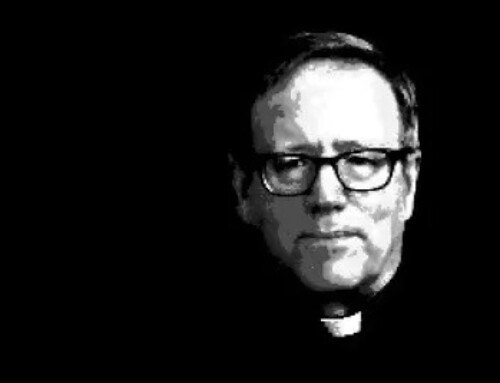
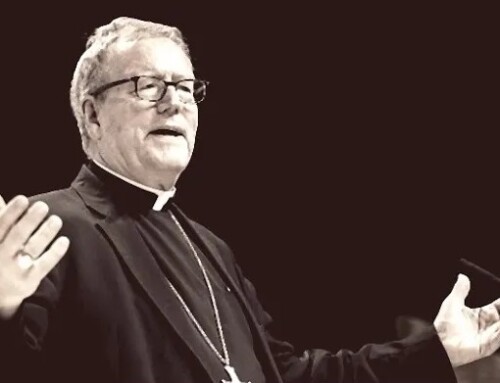
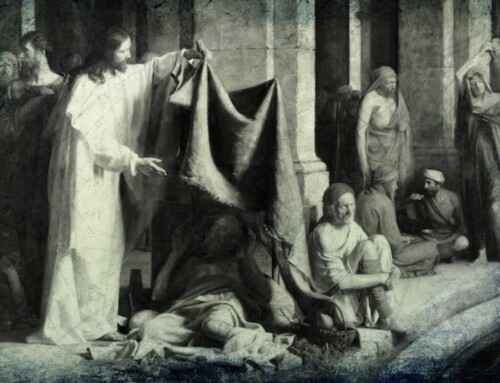
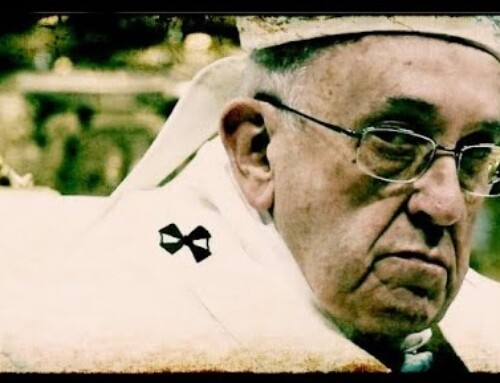
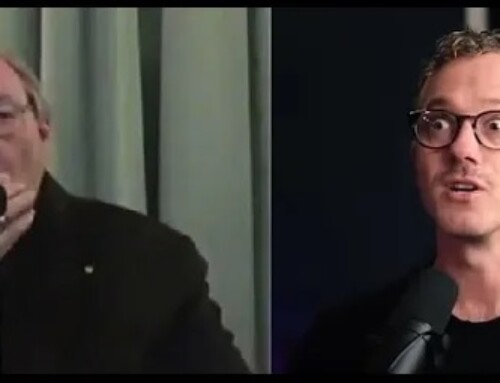
Excellent summation of your journey – and the insights gathered on the way. Your witness is very important. You wrote:
“So, from them, I learned Love – not to merely obey God’s Commandments, but to do them out of Love.”
That's the ticket. Even more deeply, as the psalmist says “Lord, how I love your commands!”
“That is why I love your commands
more than finest gold,
why I rule my life by your precepts,
and hate false ways.” – Ps. 119